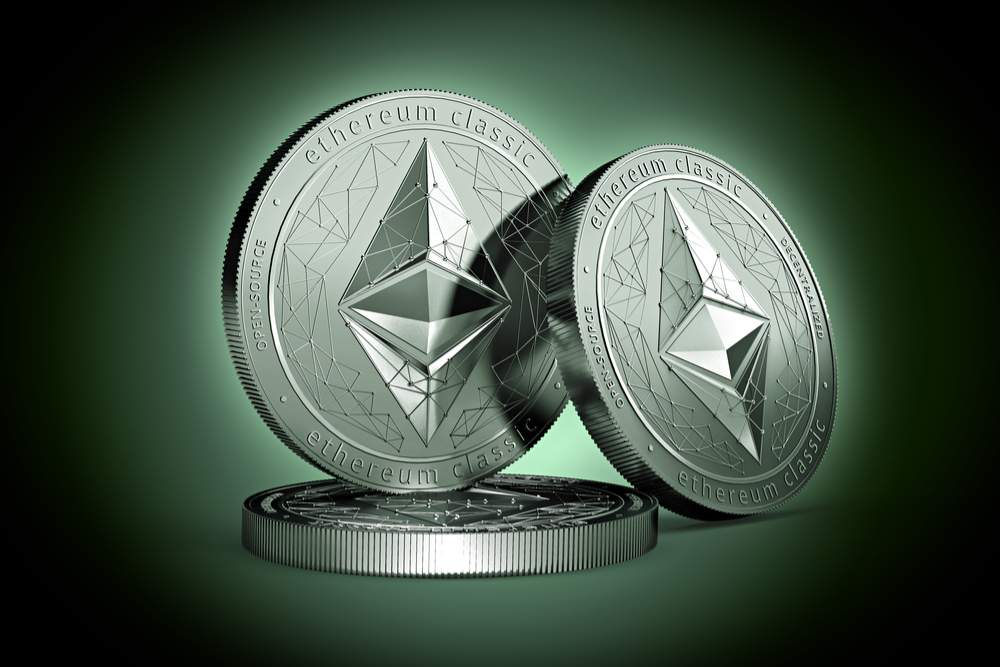Ethereum Trading Explained

Ethereum is one of the most popular cryptocurrencies in the market today. It has drawn a lot of attention from investors and crypto enthusiasts alike. Although popular, many people still don’t know how it works. Here is a simple guide to help you understand the main concepts of Ethereum trading and its difference from other cryptocurrencies.
Key differences between Ethereum and Bitcoin
Ethereum was invented by Vitalik Buterin, in 2015. Buterin is a Canadian programmer born in Russia. Just like the Bitcoin, the Ethereum is a decentralized cryptocurrency that allows you to make online payments. Both of these cryptocurrencies work on a distributed public blockchain network, however, there are substantial differences between the two.
Thanks to decentralization, Ethereum is independent of the third party who validates operations within the network. Thanks to distribution of data among thousands of computers, it has no single point of failure that ensures the security of the information.
Bitcoin uses blockchain to track ownership of the digital currency, this makes it a highly effective peer-to-peer electronic cash system. Ethereum, on the other hand, is focused on running the programming code of an application. Application developers largely use it to pay for services and transaction fees on the Ethereum network. In the Ethereum blockchain, miners work to earn Ether.
This platform takes many similarities from the Bitcoin payment system. However, it also offers much more. Just like the Bitcoin network, it enables users to buy and sell goods and services. But also, it enables users to create decentralized apps.
Ethereum servers and clouds are replaced by thousands of so-called “nodes” that run across the globe. Its vision is to enable the same functionality to people anywhere in the world, allowing them to offer services on top of this infrastructure.
What is an Ether?
Ether is described as ”money” that is used for payments on the Ethereum network. Moreover, in Ethereum trading, you are not actually trading Ethereum, you are trading Ether. Ether works according to two different functions:
- Improving the mining nodes which power the network. This enables things to run smoothly at an administrative level.
- Compensating the people who are under smart contract conditions. This is what drives users to work on the Ethereum platform.
Ethers are mined just like Bitcoins: they are rewards for the computational resources applied for an operation. The user can buy and sell or exchange Ethers within the system, and no one will validate the transactions.
Unlike Bitcoin, which is only limited to 21 million coins, Ether will continue to be produced on a yearly basis. The amount produced will add up to the total number of existing Ether. If you plan to engage in Ethereum trading, you need to understand what types of applications are being built on the network and how much demand there is. The quality of the applications is one factor that determines the value of the Ether.
How to trade Ethereum?
Ethereum trading has done well and has become one of the most traded altcoins on the market. Starting mid-June 2017, Ethereum price has increased to $350 per coin and continues to rise. Ethereum units can be bought or sold against other cryptocurrencies or against fiat currencies like the USD and EUR.
To use Ethereum, you first need to have a wallet from which you can conduct transactions. Wallets are pieces of software which can connect to the Ethereum platform, giving you an alphanumeric address through which you can receive Ether. You can use this same wallet to send Ether.
Cryptocurrency trading with r1investing
A wide array of digital currencies is available for trading with r1investing. Join the new trend and own Bitcoin, Ether, Dash, Ripple, Litecoin via CFDs in a regulated environment and with fair conditions. Power up your trading experience with the following advantages presented by the broker:
-
Up to 1:500 leverage for optimized trades;
-
Fast start and instant withdrawals;
-
Low spreads and no commissions;
-
Educational materials about crypto trading;
-
Immediate assistance from dedicated support managers.

